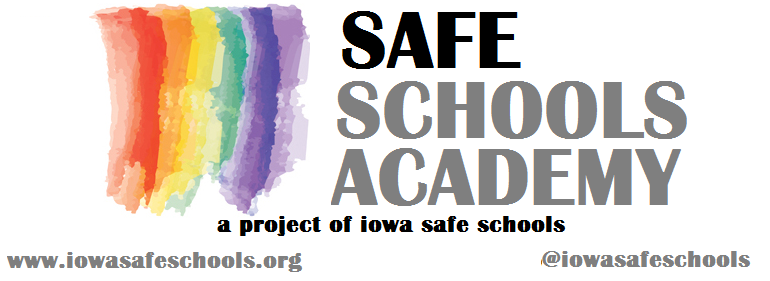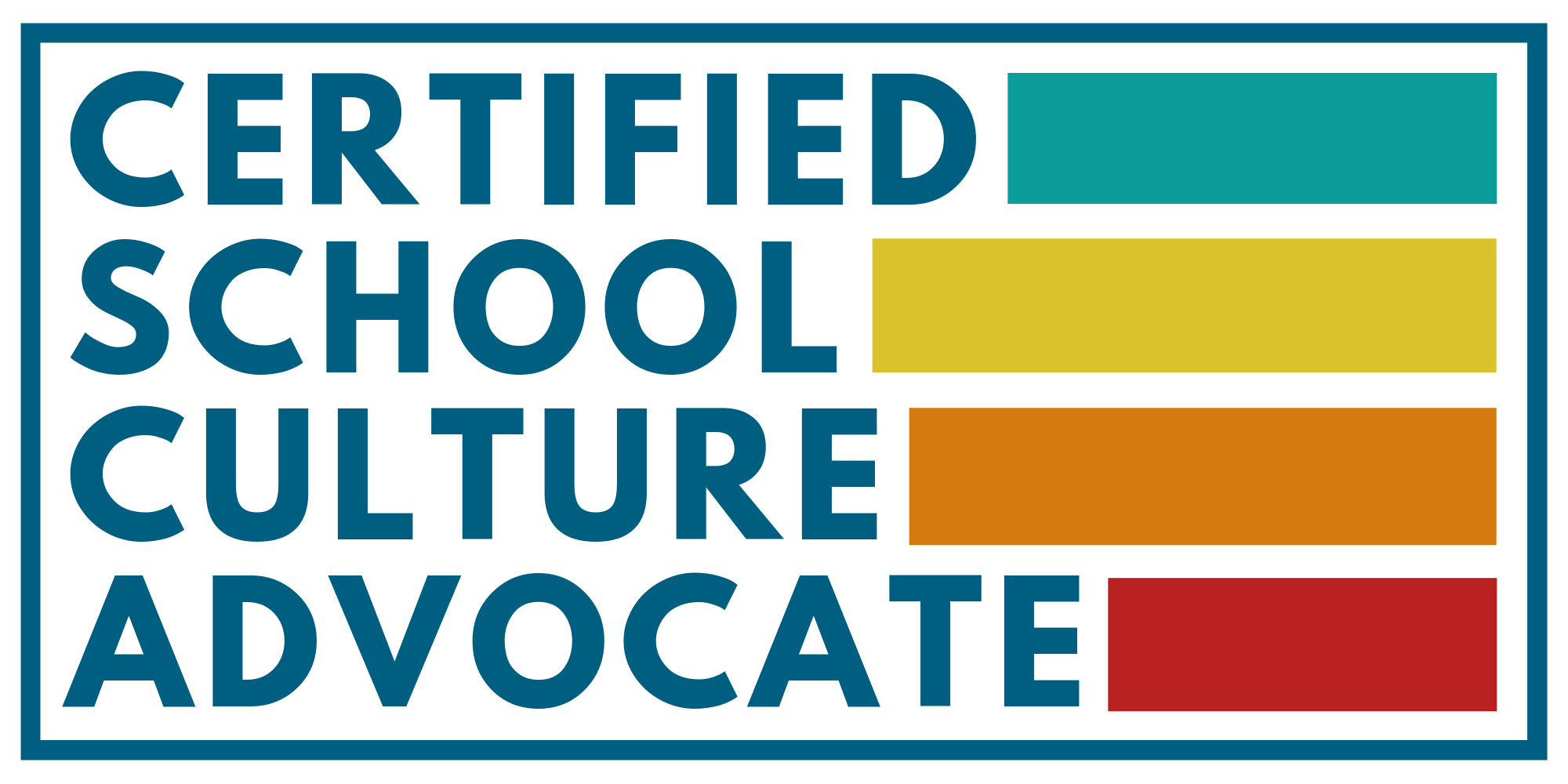Certification Overview:
The School Climate Advocate Certification integrates relevant content, best practices, reflection, and implementation allowing educators to transform the climate and culture of their schools. Specifically designed with the educator and youth-serving professional in mind, the School Culture Advocate Certification aims to promote effective school reform through cultural competency, data-driven decision making, and student-centered support.
Getting Certified:
To become a Certified School Culture Advocate, participants will successfully pass a sequence of courses through the Safe Schools Academy. Courses can be taken for either license renewal, graduate credit, or a combination of both. Courses are offered online with asynchronous instruction, and there are also in-person course offerings throughout the fall, spring, and fall terms. Certification requirements include completing core coursework in the Foundations of School Climate and Culture. Participants will also select elective courses from the Safe Schools Academy which meet each of the three Climate and Culture Core Competencies:
Civic and Social Engagement: These courses provide educators with the tools to promote civil dialogue, integrate social justice topics in curriculum, and build civic and social efficacy in your students.
Diversity and Inclusion: These courses highlight the needs of students from underrepresented and marginalized populations. They also highlight the ways educators can create welcoming learning environments for these students.
Safety, Support, and Wellness: With the health and safety of students in mind, these courses provide key insight into many of the physical, social, emotional, and mental barriers preventing students from thriving in the K-12 education system. These courses also equip educators with key resources to supports to best advocate for their students.
After the completion of these courses, students will complete the Climate and Culture Capstone. This nine-week course will push participants from being passive participants to transformation leaders. It will engage educators in a holistic understanding of school climate and culture and the ways they can engage student leaders, develop community partnerships, and educate coworkers to create district-level reform. Learn more about the specific requirements to become a CSCA!

